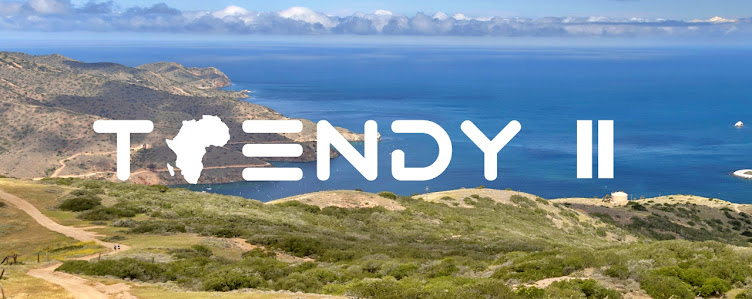Prince Abubakar Audu bestrode the political
landscape of Kogi State from its creation in 1991 till his death yesterday when
he was about to make it a triple as governor of the Confluence state. Born 68
years ago into a royal family in Ogbonicha, Ofu Local Government Area of Kogi
State, the late politician showed signs of greatness at a tender age. His late
father, HRH Pa Audu Oyidi, Orego Attah of Igalaland was the paramount ruler of
Ogbonicha-Alloma.
Prince Abubakar Audu was the first elected governor
of Kogi State in 1992 on the platform of the defunct National Republican
Convention. He was responsible for the laying of the infrastructural foundation
of the state. He was responsible for the establishment of the Kogi State
University, Kogi State Polytechnic, Kogi State Broadcasting Corporation and
many other institutions in the state. His first spell as governor ended with
General Sani Abacha’s dismantling of the structures of the Third Republic on
November 17, 1993.
In 1999, Audu contested and won the governorship
election for the second time on the platform of the defunct All Peoples Party,
APP having defeated the late Arc. Stephen Olorunfemi of the People’s Democratic
Party. He was a politician cherished by the Igala people of Kogi State.
His bid for re-election was truncated in 2003 when
he lost to PDP’s Alhaji Ibrahim Idris. The 2003 loss heralded a chain of loses
in 2007, 2008 and 2011. He was cruising to victory in his sixth governorship
contest conducted on Saturday, against the incumbent governor, Capt. Idris
Wada. Audu was believed to have died yesterday morning before the election was
declared inconclusive yesterday evening.
Prince Audu was a charismatic and flamboyant leader
who was never afraid of confronting authorities in his lifetime. For many
years, he was the leader of opposition politics in Kogi State, sinking his
resources into nurturing parties such as the National Republican Convention,
the defunct APP, the defunct Action Congress of Nigeria, ACN and lately, the
All Progressives Congress. He will be sorely missed by the political community
in the confluence state.
His socio-economic contribution in the state is to
date a point of reference to the generality of the people and many aspiring
leaders. Some of his major achievements during his first two stints in office
include the establishment of three different housing schemes for public
officers consisting of over 1,500 housing units in Lokoja, the transformation of
Lokoja township with asphalt roads, street lights, aesthetic roundabouts, the
construction of inter-township and rural roads, over 75 electrification schemes
and 50 water projects.
Others include the founding of Kogi State
Polytechnic, the establishment of a television station, radio station (both AM
and FM), a state newspaper, the transformation of the colonial residence of
Lord Lugard into an Ultra-Modern Government House Complex, the construction of
office blocks for ministries as the new state had no office accommodation, the
construction of shopping arcade complex to enhance commercial activities, among
others. He was regarded as the father of development in Kogi State.
source: Vanguard


















